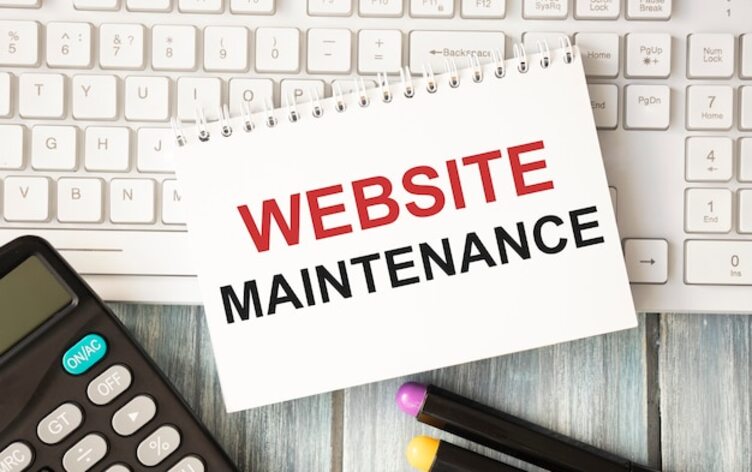
Why Small Businesses Can’t Ignore Website Maintenance?
In today’s digital-first world, your website is often the first impression potential customers have of your business. For small businesses, this makes website maintenance not just important—but essential. Yet, many small business owners overlook regular website upkeep, thinking it’s an added cost or a technical chore they can postpone. The truth is, ignoring website maintenance services can hurt your brand, traffic, and ultimately, your sales.
What Is Website Maintenance?
Website maintenance refers to the regular process of checking your website for issues, keeping it updated, secure, and performing optimally. It includes tasks like:
- ✅ Updating plugins, themes, and software
- ✅ Fixing broken links and bugs
- ✅ Optimizing speed and performance
- ✅ Backing up content and databases
- ✅ Ensuring mobile responsiveness
- ✅ Monitoring security and preventing hacks
Whether you run a brochure site, blog, or e-commerce website, these tasks are critical for long-term success.
Why Website Maintenance Matters for Small Businesses?
Builds Trust with Visitors
A well-maintained website reflects professionalism. Broken pages, outdated content, or slow loading times can turn users away. First impressions matter—especially when you’re trying to build trust as a small or local business.


Improves SEO and Google Rankings
Search engines like Google prioritize websites that are updated regularly, load quickly, and have no errors. Ongoing website maintenance helps with:
- ✅ Faster load times
- ✅ Improved mobile usability
- ✅ Error-free code
- ✅ Updated meta tags and content
All of which contribute to better SEO performance and higher search engine rankings.
Prevents Security Breaches
Small business websites are common targets for hackers. Outdated software and plugins can be exploited easily. Regular website security maintenance protects your data, customer information, and your online reputation.
Saves You Money Long-Term
Neglecting your website may lead to major issues that require expensive fixes—like restoring a hacked site or recovering lost data. Regular maintenance is a cost-effective way to prevent bigger problems down the road.


Ensures Better User Experience
A smooth, bug-free, and updated website means users can find what they need faster. Happy users are more likely to convert into paying customers, which directly impacts your bottom line.How Often Should Small Businesses Maintain Their Website?
Ideally, basic tasks like security checks and content updates should happen monthly, while plugin/theme updates and speed optimizations should be done at least quarterly. High-traffic or e-commerce sites may need weekly maintenance.
